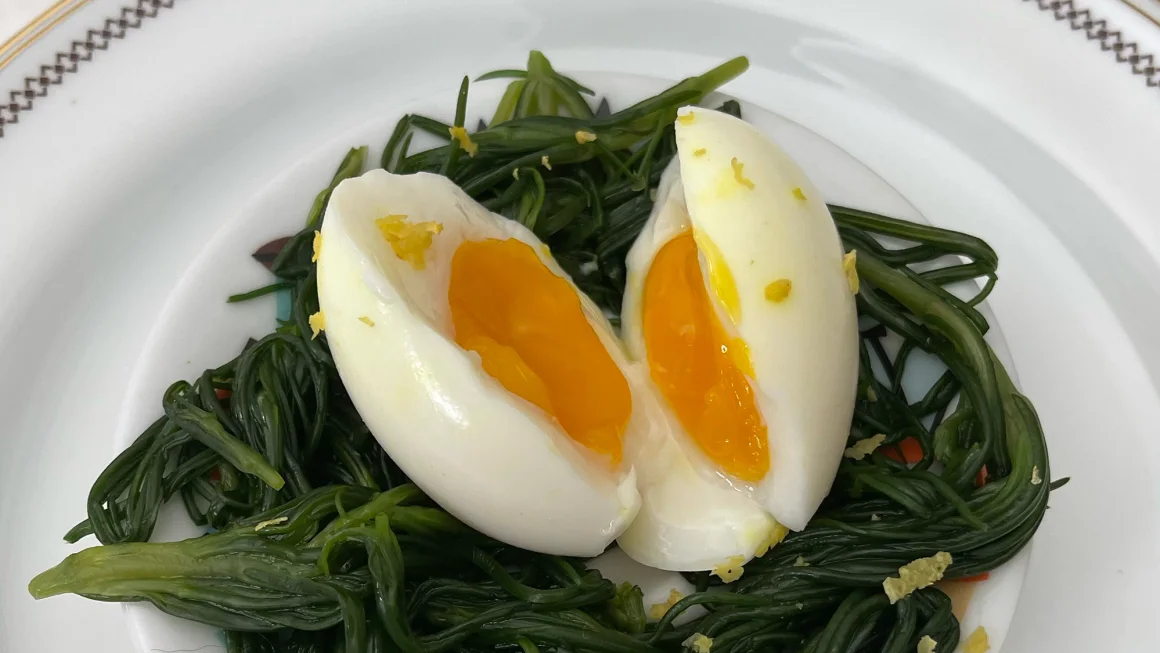Scientists Have Cracked the Secret to the Perfect Hard-Boiled Egg
Tuesday, February 18, 2025
If you believe you’ve mastered the art of boiling eggs, think again—scientists have now discovered the secret to achieving the perfect boiled egg.
Cooking an egg flawlessly is tricky because the egg white (albumen) and yolk require different temperatures to reach their ideal consistency. However, researchers have now developed a groundbreaking technique called periodic cooking, which alternates the eggs between hot and lukewarm water cycles. According to a study published on February 6 in Communications Engineering, this method ensures both the yolk and albumen are cooked to perfection without separating.
Not only does periodic cooking enhance texture and flavor, but it also helps retain more nutrients compared to traditional boiling or sous vide methods. "As a chef, this method makes perfect sense," said Micah Siva, a San Francisco-based registered dietitian and recipe writer. "Cooking is highly scientific, and adjusting temperatures based on protein structure can significantly improve quality."
The best part? You can try it at home. Study lead author Dr. Ernesto Di Maio conducted the experiment in his own kitchen—no fancy lab equipment required. All you need is 32 minutes and some patience.
How to Cook the Perfect Boiled Egg
Instead of relying on trial and error, the research team used mathematical models to predict heat transfer within the egg, allowing them to pinpoint the optimal cooking conditions.
For their experiment, they tested four cooking methods—hard-boiling, soft-boiling, sous vide, and periodic cooking—using a total of 160 eggs (40 per method). The periodic cooking process involved submerging eggs in boiling water (100°C / 212°F) for two minutes, then transferring them to lukewarm water (30°C / 86°F) for another two minutes, repeating this cycle eight times over 32 minutes.
Unlike traditional methods, which steadily increase the egg’s internal temperature, periodic cooking maintains a constant yolk temperature of 67°C (152.6°F) while the albumen reaches ideal temperatures in alternating cycles. This precise heat control results in a superior texture—soft-boiled-like whites with a yolk consistency similar to sous vide eggs.
Is It Worth the Time?
While this method delivers the perfect boiled egg, not everyone may find it practical. "Most people struggle to get a meal on the table and prefer quick methods, not a 32-minute egg-boiling process," Siva remarked.
Still, for those passionate about culinary precision, this discovery could redefine how we cook eggs, offering a scientifically proven way to achieve perfect texture and taste.
News You Should See
Trump-Induced Market Turbulence Attracts New Investors to Gold
Thinking About Buying a New Phone? Here’s Why You Shouldn’t Worry About Price Hikes Just Yet
Is Elon Musk’s Political Influence Hurting Tesla’s Sales?
Potomac Crash Exposes the Flaws in Trump’s ‘Government as a Business’ Strategy
Fed Holds Off on Rate Cuts as Trump Unveils New Economic Plans